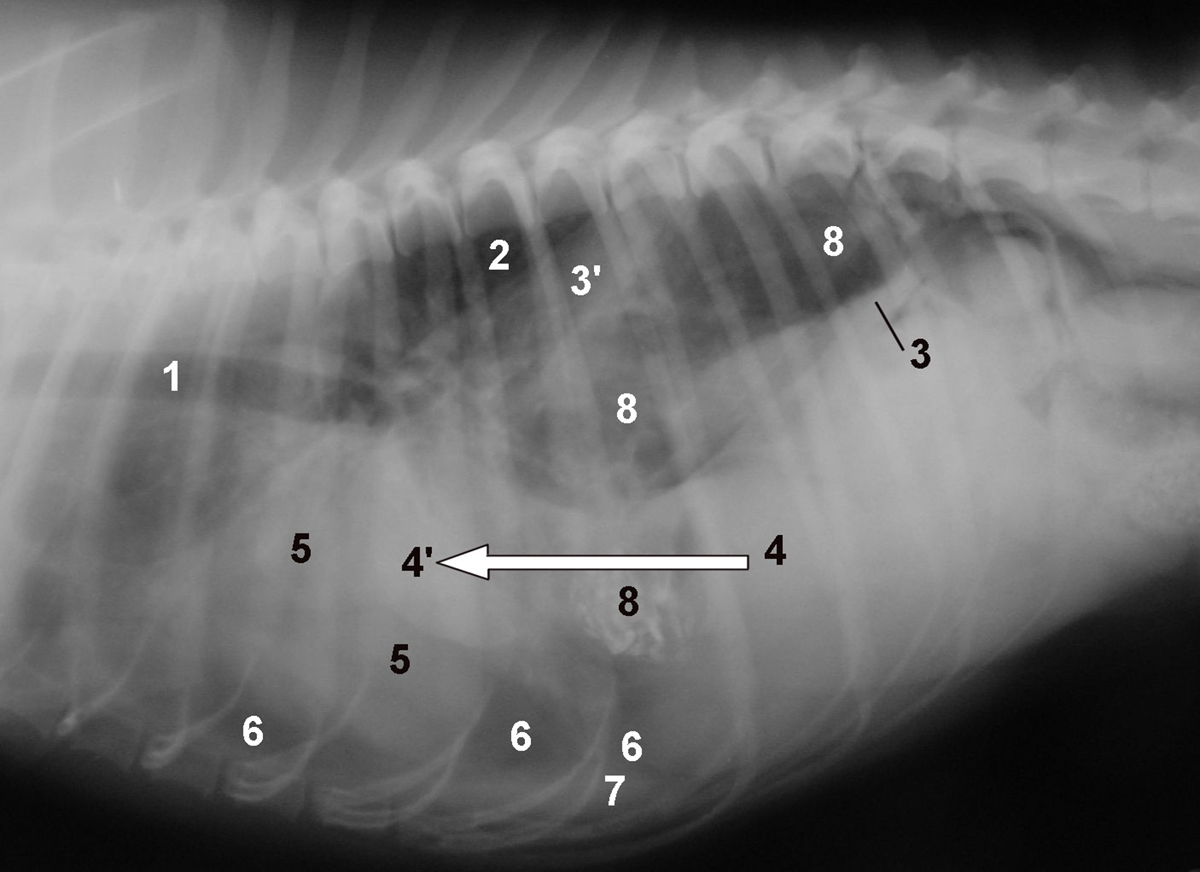
A Few Facts about Stomach Gases
First of all, we all have stomachgases, some more than the others. These gases are released eitherorally or through one's rectum. Many human cultures consider thisprocess revolting and embarrassing while people would rather reducethe amounts of these gases as much as they can. This is mainlybecause of the unpleasant odor being released during this action,along with the specific noise announcing it. The above mentionedsmell comes mainly from the bacteria inside our digestive system,which are expelled along with the rest of our body gases. Thebacteria, emitting gases themselves, produce sulfur, bearing theunpleasant odor.
What Causes Stomach Gases?
The feeling of being full of gases andthe urge for release comes mainly from two factors. The first one isthe air we swallow. Often, while we are eating fast and recklessly,we intake significant amounts of air along with the food or drinksconsumed. Most of the excessive air inserted this way gets expelledthrough belching, while the small remains which travel all the way tothe small intestine go out rectally. Even though our organismproduces carbon dioxide naturally, it all gets transferred throughblood and does not need to be expelled this way. The second reasonfor gas overload comes from the type of food our body does not manageto digest. Different types of food may produce these gases withdifferent people, and the process varies form one human organism toanother. The undigested food gets transferred from small to largeintestine, where different bacteria take care of itproducing these gases which get expelled rectally.
Unpleasant Side-Effects of StomachGases
Belching comes first, being the mostusual way of gas release. Besides being caused by gases, this actionmay be triggered by some underlying gastric conditions. Additionally,surgeries done on the stomach area and any changes made there maytrigger chronic belching afterwards, even though this is likely tostop after a certain period of time. Along with belching comes rectalexpelling of gases. Many people think excessive release is not a goodsign. However, bearing in mind that approximately 14 times a day isoptimal for a human being to release gases this way, most peopleusually overreact.
Many different illnesses connected withone's digestive system and stomach in general may cause abdominalbloating. However, this feeling has little to do with gases, and morewith the dysfunction of some organs. Of course, malnutrition andexcessive intake of fatty foods may contribute to one's bloating.Finally, some people may experience pain while bloated or full withgases. This usually happens when the gases are in the smallintestine.
After visiting a doctor, he or she maydiagnose an illness or a condition which needs to be treated in orderfor the problems to stop. However, if there is no illness, the doctorwill prescribe a change of diet and general lifestyle since most ofthe times malnutrition stands behind excessive gases.

















Your thoughts on this
Loading...